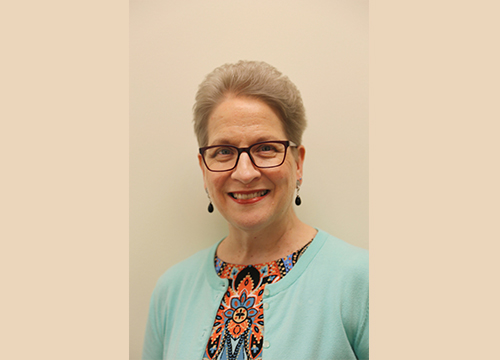Eighth Sunday Ordinary Time Sir 27:4-7; Ps 92:2-4, 13-14, 15-16; 1 Cor 15:54-58; Lk 6:39-45
The Book of Sirach offers an abundance of wisdom about speaking, listening, withholding judgment and holding one’s tongue til the right moment. Ben Sira’s insights ring with relevance for our contentious times.
Today’s brief passage makes its point with a stack of metaphors, rendered poetically, with parallel phrases layered one upon the other.
First, we hear of a sieve shaken to bring refuse to the surface. Just so, our speech can reveal flaws in our character, especially when we are agitated.
The second metaphor builds on the first, comparing the trial-by-fire that proves the potter’s skill to the tribulation that tests the integrity of the just person. Though speech is not mentioned explicitly, the context suggests that foul speech under stress can be likened to the crack of a shoddy pot in the kiln.
Finally, we hear how a tree’s fruit shows the care it has received. If properly cultivated and pruned, it bears good fruit. Just so, speech discloses “the bent of one’s mind” and the disciplined effort made to bend it so.
To sum up: Speech reveals character, integrity and discipline — or the lack of it. We might all benefit from an examination of conscience, focused on how we speak, text, post and share, as well as deeper discernment on the streams that fill our ears.
In Psalm 92, gratitude lays the foundation for prayer that proclaims God’s “kindness at dawn” and his “faithfulness throughout the night.” Here, good speech transforms the person. 24/7 intimacy with God, expressed in grateful prayer, enables the just one to flourish, like a tree planted in God’s house, and remain fruitful over a lifetime.
In the Gospel, Jesus focuses on a particular form of speech — judgment of other people. Last Sunday’s imperative, “Stop judging and you will not be judged,” sets the stage for today’s passage.
Jesus uses blindness as a metaphor to illustrate the folly of pointing out someone else’s fault, while overlooking our own. We might ask: What blinds us, so that we cannot see our own fault? What distorts our vision of the other, so that we can only find fault with him or her or them? Sin, of course, but it wears a subtle guise.
Our perceptions of one another rely on our presumptions — that set of preconceived assumptions that we inherit and build over time, based on culture, upbringing (religious or not) and experience. These biases shape and inevitably limit our vision. We cannot help but see others through our own lens.
Scripture speaks to this deficit. In the story of David’s anointing, the Lord makes this point: “God does not see as a mortal, who sees the appearance. The Lord looks into the heart” (1 Sam 16:7b). We all fail to see as God sees and to love as God loves. Therein lies the sin.
So how do we become good people, who produce good fruit out of the store of goodness in our hearts? Jesus says, “No disciple is superior to the teacher; but when fully trained, every disciple will be like his teacher” (Lk 6:40). Here lies the key to the disciplined speech of Sirach. It is in relationship with Jesus — 24/7 intimacy with God, through Christ, by the power of the Spirit — that we can be transformed.
St. Paul counts love, kindness, gentleness and self-control among the fruits of the Spirit (Gal 5:22-23), so it takes openness to the Spirit to develop grace under fire as an enduring aspect of character. In this Spirit, he encourages us to “be firm, steadfast, always fully devoted to the work of the Lord.”
To become like our teacher, we must ask for the courage to let go of the biases that make us feel secure and superior to others. Only then can we begin to see as Christ sees, all persons in God’s image, and to love as Christ loves, with the compassion of the Father.
Melanie holds a master’s in pastoral studies from Loyola University, New Orleans.

